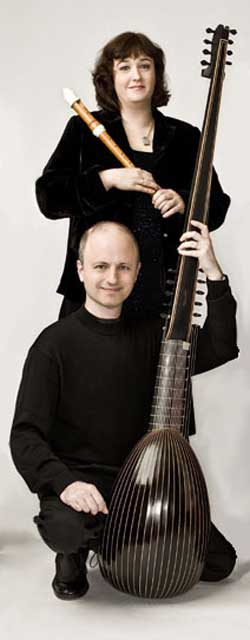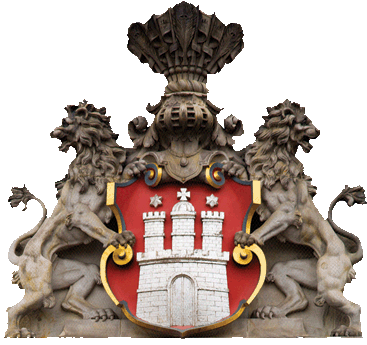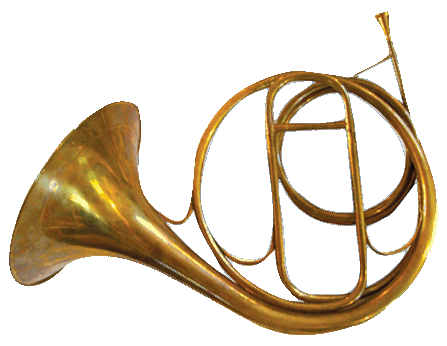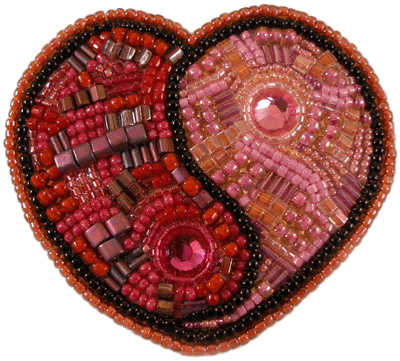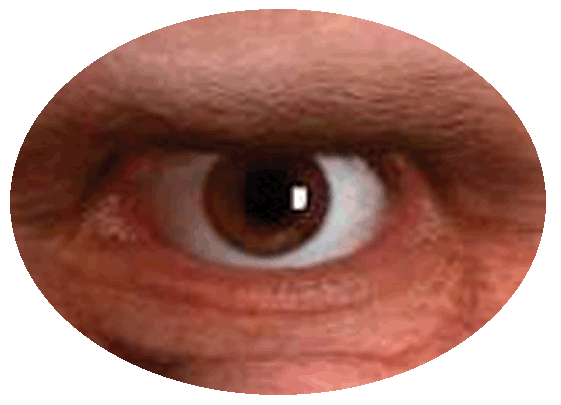|
Newsletter |
|||||||||||||||
 NEXT
NEXT
With Cheerful Hearts Tempesta di Mare joins forces for the first time with The Philadelphia Singers, one of the region’s finest vocal ensembles, to perform With Cheerful Hearts: Odes by Bach, Vivaldi and Blow. The works on the program span an emotional range from unbridled joy to heartfelt loss, all glorious testaments to musicís power to convey our deepest emotions. Performances of With Cheerful Hearts will be held on Saturday, January 31 at 8:00 pm, and Sunday, February 1, at 3:00 pm at Old St Joseph’s Church, 321 Willings Alley (4th Street between Walnut and Locust Streets) in Philadelphia. Tickets are $20, $30 and $40. Full-time students are $10 and children ages 8-18 are free. Tickets may be purchased by calling 215-755-8776 or online at tempestadimare.org. The major works on the program are Johann Sebastian Bachís profound lament, Trauer Ode, and the modern world premiere of John Blowís festive ode for New Yearís Day 1690, With Cheerful Hearts, both secular works. The Trauer Ode is one of Bachís greatest cantatas and also among the least performed. Blowís joyful With Cheerful Hearts was composed for the royal couple William and Mary. The other works: Vivaldi’s stunning Magnificat and the Concerto Grosso in B-flat for lute, flute, violin, viola da gamba, cello and strings by Silvius Leopold Weiss. Tempesta di Mare’s 20-piece orchestra will be matched by 20 voices from The Philadelphia Singers Chamber Chorus, with soloists drawn from the chorus. While The Philadelphia Singers usually performs with a conductor, this concert will be led instead from within the orchestra by Tempesta di Mare’s concertmaster and continuo, as was the practice when this music was new. David Hayes, Music Director of The Philadelphia Singers, will be heavily involved in the preparation of the program, but he and Tempesta di Mare Artistic Co-Directors, Gwyn Roberts and Richard Stone, decided that it was important to uphold the original esthetic. Hayes says, “We are excited to work together to craft the interpretation. The beauty of this collaboration is that it is a chance for us to learn together.” This concert is funded in part by The Pew Center for Arts and Heritage, through the Philadelphia Music Project, and by a grant from the National Endowment for the Arts. Founded in 1972 by Michael Korn, The Philadelphia Singers is now under the dynamic leadership of Music Director and Conductor David Hayes. For 36 years, The Philadelphia Singers has upheld its mission to enrich the broader community through embodying the highest standards of classical musicianship and providing a platform for its musicians to serve the community in a variety of formats. In the 2008-2009 Season, The Philadelphia Singers will present a four-concert subscription series. The Philadelphia Singers also performs regularly with leading national and local performing arts organizations including: the Philadelphia Orchestra, the New York Philharmonic, the Curtis Institute of Music, the Philadelphia Chamber Music Society, the Chamber Orchestra of Philadelphia, Kimmel Center Presents and The Mannes Orchestra. In 2001, The Philadelphia Singers Chorale was named Resident Chorus of The Philadelphia Orchestra, the first time in the orchestraís history that a chorus has received this distinction. Maestro Wolfgang Sawallisch, Conductor Laureate of The Philadelphia Orchestra, hails The Singers as “one of the musical treasures of Philadelphia.” Representing “the perfect marriage between musical instinct and meticulous scholarship” (Fanfare), Tempesta di Mare is named for Vivaldi’s exciting concerto meaning “storm at sea,” a title reflecting the power of music to evoke drama. Led by Artistic Co-Directors Gwyn Roberts and Richard Stone with Concertmaster Emlyn Ngai, Tempesta is one of just three baroque orchestras across the country to receive a National Endowment for the Arts Artistic Excellence award in 2007. Tempesta di Mare’s recent CD release on Chandos, a live-concert recording of orchestral music by Fasch, has earned five stars from Goldberg Magazine. It followed the acclaimed Flaming Rose, Handel’s German arias with soprano Julianne Baird, and the world-premiere recording of lute concerti by Silvius Leopold Weiss. |
|||||||||||||||
|
Program
Dates, Times, Locations & Tickets
|
|||||||||||||||
 YEAR-END
YEAR-END
2008 Year-End Appeal On behalf of the musicians, board and staff, I would like to take this opportunity to thank you for your interest in Tempesta di Mare and to invite you to join the growing family of contributors who have voted with their checkbooks to help sustain Tempesta. Once you do, you can take pride in knowing that you have done your part to keep the music you enjoy going strong.
Thank you for your support, and may your coming year be filled with happiness, good health
and more beautiful music.
Sincerely,
|
|||||||||||||||
|
Table of contents
go to Top of Page |
|||||||||||||||
|
|||||||||||||||
|
|||||||||||||||
|
Click on the program icons above to visit our Series page |
|||||||||||||||
Tempesta di Mare • 1034 Carpenter St • Philadelphia PA 19147 • 215-755-8776 • www.tempestadimare.org
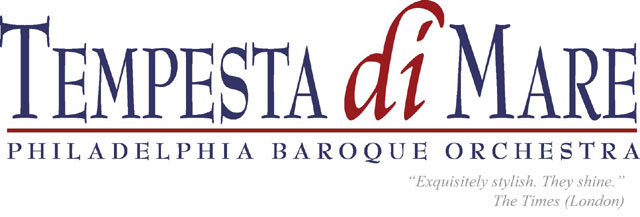
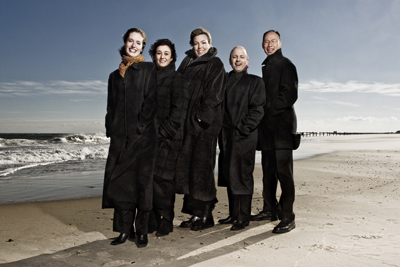 Your financial support is especially important today. Small arts organizations like Tempesta
di Mare are among the most vulnerable during economic downturns. Grant awards in our field
are reduced or not renewed at all after many years of support. In this climate, individual
supporters take on even more importance than usual, and we are especially grateful for any
gift received this year.
Your financial support is especially important today. Small arts organizations like Tempesta
di Mare are among the most vulnerable during economic downturns. Grant awards in our field
are reduced or not renewed at all after many years of support. In this climate, individual
supporters take on even more importance than usual, and we are especially grateful for any
gift received this year.
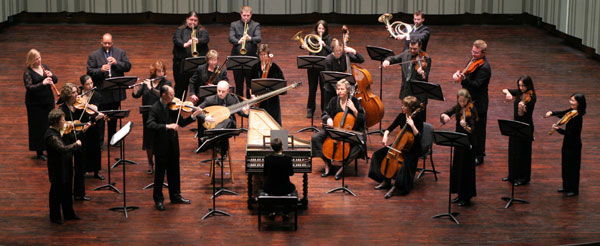 I ask you please to consider a gift to Tempesta di Mare. As a token of our appreciation, we
will send you a limited-edition concert recording for a gift of $100 or more, and invitations
to special events throughout the year for a pledge of just $50. Use the
I ask you please to consider a gift to Tempesta di Mare. As a token of our appreciation, we
will send you a limited-edition concert recording for a gift of $100 or more, and invitations
to special events throughout the year for a pledge of just $50. Use the

